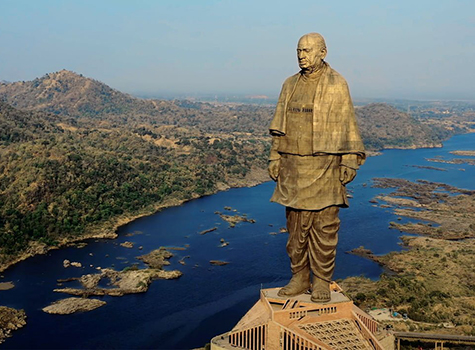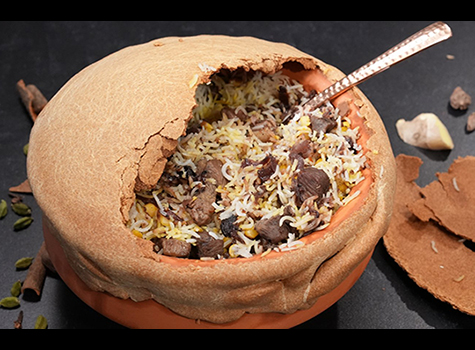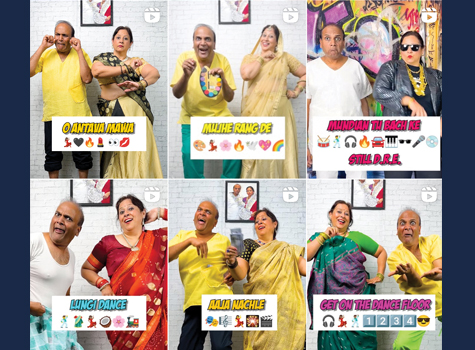“Rather than love, than money, than fame, give me truth.” ~ Henry David Thoreau
 Is it necessary to be truthful? That is a deep philosophical question in a world that teems with lies of various shades and hues.
Is it necessary to be truthful? That is a deep philosophical question in a world that teems with lies of various shades and hues.
Putting that weighty question of necessity aside, is it even possible to be truthful. And what does it even mean to say that you are being “truthful”?
What is “truthfulness”?
There is a reality that we live in. And then there is the mind, and all its various incarnations: of spirit, soul, emotion, cognition, consciousness, intelligence, and so forth.
A working definition of truthfulness may be the alignment of these two things: reality and your mind.
However, achieving truthfulness is way easier said than done. There are many obstacles along the way.
What exactly do you know?
The first obstacle is what you know about the reality around you that is of relevance.
Reality is multi-dimensional. Reality is large. Very large. It is impossible to fit it all into a human mind even if you could get access to it all, in the first place. Which, of course, you cannot. For, reality keeps its secrets well. Much of it is mysterious and completely unknowable to the human mind, which kneads its notions and symbol-based abstractions of words and numbers, as it attempts to carve out dim and shady semblances that it deems sufficient to the purpose of aligning its contents with the reality that it looks to get in touch with.
Also, these symbolic proxies for reality are themselves incomplete and deeply flawed, leaving the impatient mind not up to the task of even articulating aspects of the surrounding reality, let alone of grasping the truth inherent in that reality.
How do you know what you know?
As if this inability to know were not enough, there is another issue that runs even deeper: your way of knowing. If the former is the data that is corrupt and incomplete, the latter is the algorithms of your mind. These algorithms spin the logical and semantic webs that attempt the task of aligning the real world with the symbolic representations in the mind. And they have been fashioned and tuned, right from the cradle to where you are now.
They have spun and re-spun fundamental notions, e.g., of time, of cause and effect, of the divisions between what is you versus what is the rest of it, whatever that “it” is, and so forth.
Much of these fundamental notions, the web of them, and the spider inside that spins these could all be seriously flawed, making them little better than fantasies that have been indoctrinated by others and by circumstances that you were subject to. A couple of examples may illustrate this.
How do you know that there is a God, for instance? If you had not been taught this idea, do you think you would have come up with this notion, independently? Are you sure of this? How can you be sure? Do you believe in viruses? How do you know? Have you personally seen one? Have you met people who have seen one? Have you ever asked these kinds of questions? Or do you believe what you hear from various sources because your internal algorithm has been tuned to say that if something is heard a hundred times from different sources, it must be true? How do you know that you can trust these sources? How do you know that they don’t echo one another, and transfix you with an illusion that is a more powerful one than having these emanate from just one source?
These examples point out that everything you currently believe may not be standing on the firm ground that is built on unquestionable truths.
Doubt. And humility.
So, a little doubt could be a wonderful thing. It could minimize the use of nonsense in your substratum – the underpinning – of everything else you think about atop these more rudimentary ideas, many of which may, unbeknownst to you, be little more than Ill-advised assumptions. What if some of these foundational constructs are flawed, perhaps even grossly wrong? What happens then, to everything built atop these houses of cards? Will it all fall down if you dare to breathe on these?
It is not comforting to act without knowing, which is what an attitude of humility requires. But that is what an independent, learning human being is. Life is a fluid, difficult-to-bottle thing that doesn’t come with neat labels with a listing of ingredients and cautionary advisements. It is not always easy to retune yourself, to question your fundamentals, and to realize that there could be a lot of fool’s gold buried inside.
It’s your life. You are the architect and the owner. You owe it to yourself. To build humility, doubt, and an attitude of questioning into your foundation. And dare to act, knowing that the truth is not the truth that you once thought it was.
Balaji Prasad is an IIT/IIM graduate, a published author, SAT/ACT Online and in-person Coach, and K-12 Math Tutor at NewCranium. Contact: balaji.prasad@newcranium.com.



